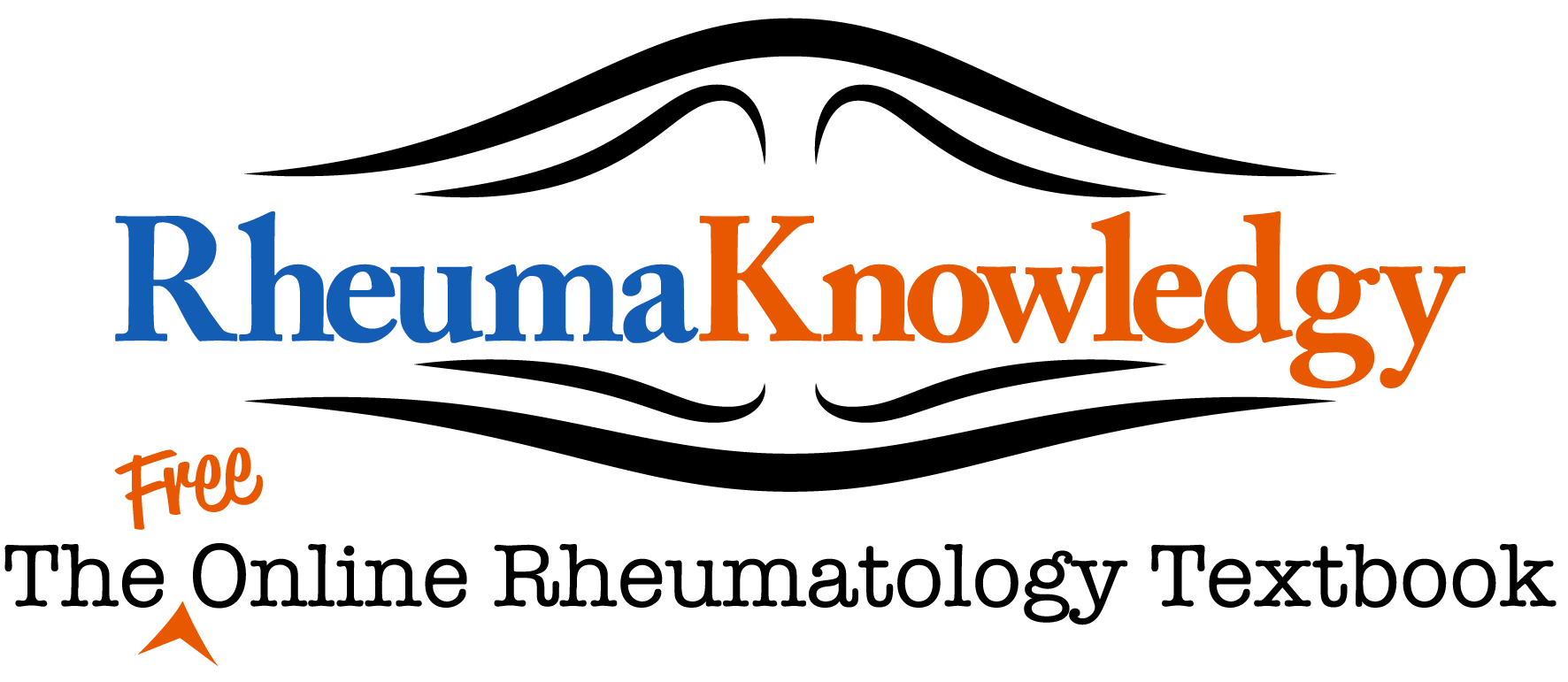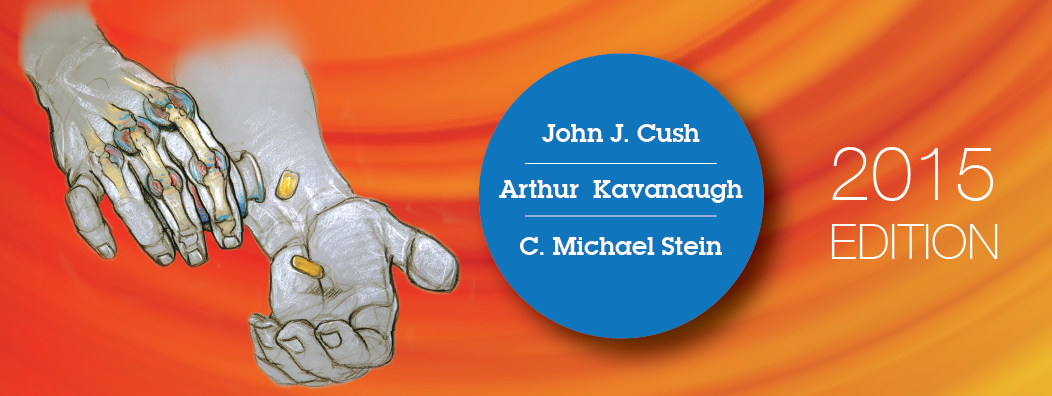Autoimmune Hepatitis
Last updated: November 6, 2014
Synonyms: AIH, Lupoid hepatitis, chronic active hepatitis, plasma cell hepatitis
ICD-9 code: 571.42;
ICD-10 code: K75.4
Definition: Autoimmune hepatitis (AIH) is a chronic immune-mediated liver disorder of unknown etiology characterised by hepatocellular inflammation, tranaminitis and distinctive autoantibodies.
Pathology: Liver biopsy should be obtained early to establish histologic severity and guide therapy. Characteristic histology includes a lymphoplasmacytic periportal infiltration. lobular inflammation, granulomas and eosinophils. With chronicity portal inflammation may undergo “piecemeal necrosis” interface hepatitis or fibrosis.
Demographics: AIH is rare with an incidence rate of 1-2 per 100,000 per year and a prevalence of 10-20/100,000.
Cardinal Features: AIH more commonly affects women (70%) than men (30%), usually under the age 40 yrs. More than 1/3 will be asymptomatic and only exhibit transaminitis. Up to 1/3 will have an acute onset of fever, abdominal pain, jaundice, hepatomegaly and moderate to severe AST and ALT elevations with normal or slight increases in alkaline phosphatase. The remaining patients will demonstrate chronic hepatitis or cirrhosis. Patients with cirrhosis may exhibit ascites, hepatic encephalopathy or bleeding esophageal varices, Fulminant hepatic failure is rare. Fatigue, nausea, anorexia, arthralgias, myalgias, pruritis, pale stools and dark urine may also be seen.
Complications: Cirrhosis, esophageal varices, GI hemorrhage and hepatic encephalopathy may complicate severe disease. AIH rarely overlaps with primary biliary cirrhosis, sclerosing cholangitis, IgG4-related disease, inflammatory bowel disease, Graves disease and autoimmune thyroiditis. Despite the autoantibodies present, AIH patients do not develop lupus and it is rare for lupus to manifest AIH.
Labs: Moderate to severe elevations of AST, ALT and bilirubin are associated with elevated immunoglobin (Ig) and IgG levels. Leukopenia, Coombs positive hemolytic anemia, thrombocytopenia and elevated erythrocyte sedimentation rates are common. Antinuclear antibodies and anti-smooth muscle antibodies (ASMA), anti-LKM1, anti-lactoferrin or anti–liver cytosol 1 (anti-LC1) antibodies are found in most, but ut to 20% may not have an identifiable autoantibody. Perinuclear anti-neutrophil antibodies (p-ANCA) and anti-soluble liver antigen (SLA) antibodies may also be seen in AIH, with anti-SLA being associated with a more severe clinical course. Up to 20% of patients will not have an identifiable autoantibody.
Classification Criteria: There are two types of AIH based on serologic profiles:
- Type 1: positive ANA, ASMA, anti-SLA, or pANCA – accounts for > 80% of AIH, less than half develop cirrhosis.
- Type 2: positive anti-LKM-1, LKM-2 or LKM-3, anti-LC-1 or anti-SLA autoantibodies – less common, with 80% developing cirrhosis.
Differential Diagnosis: Steatosis, nonalcoholic fatty liver disease, hemochromatosis and iron-overload states, Wilson’s disease, hepatitis C, or drug hepatotoxicity.
Treatment: In patients with severe disease, up to 40% will die within 6 months if untreated. AIH is usually responsive to corticosteroids. Prednisone with or without immunosuppressives (e.g., azathioprine) should be instituted promptly to prevent liver damage and promote remission and long-term survival. Budesonide may be preferred in non-cirrhotic patients and may have few steroid side effects. Azathioprine and 6-mercaptopurine are commonly used as steroid-sparing agents. Refractory patients may require mycophenolate, cyclosporine or methotrexate and few will progress to liver transplantation. It is estimated that 4% of all liver transplants are done for AIH.
Prognosis: If untreated, most develop cirrhosis, liver failure and more than 50% die within 5 years. However, with corticosteroid therapy most do well, as nearly 90% will survive 10 yrs. Those with the worse outcomes have younger onset, severe histologic damage at presentation and type 2 AIH profile. Hepatocellular carcinoma rarely complicates AIH.
BIBLIOGRAPHY
Liberal R, Grant CR, Longhi MS, Mieli-Vergani G, Vergani D. Diagnostic criteria of autoimmune hepatitis. Autoimmun Rev. 2014;13:435-40. PMID: 24418295
Strassburg CP. Autoimmune Hepatitis. Dig Dis. 2013;31:155-63. PMID: 23797138


